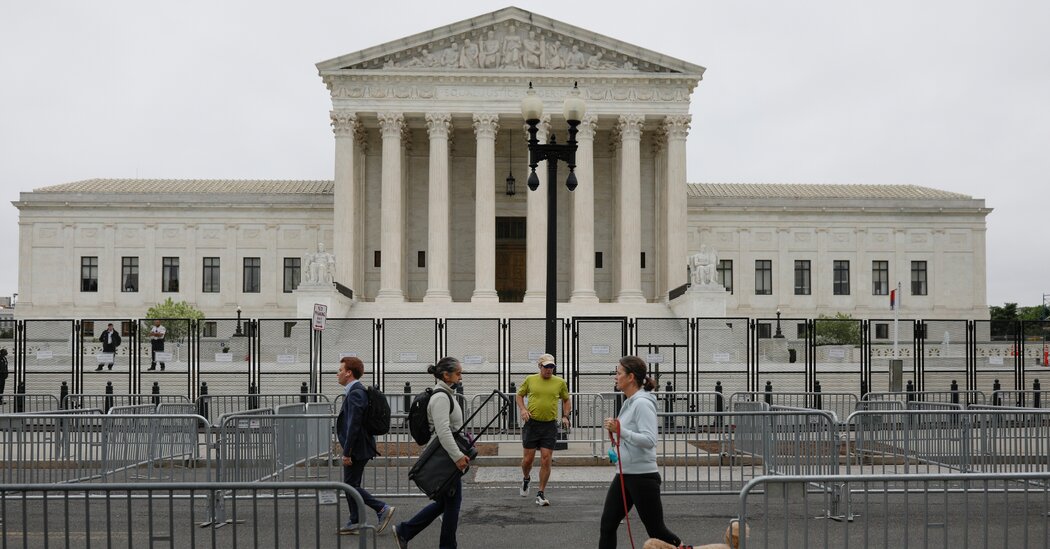The law also does not apply to sites devoted to news, sports, entertainment and other information that their users do not generate in the first place. Covered sites are largely prohibited from removing posts based on their views, with the exception of child sexual exploitation, incitement to criminal activity, and some threats of violence.
According to two trade groups who challenged the law, the measure would “force platforms to spread all kinds of objectionable views – such as Russian propaganda claiming that the invasion of Ukraine is justified, ISIS propaganda claiming extremism is justified, neo-Nazis or KKK screeds that Holocaust denial or support, and encouragement of children to engage in risky or unhealthy behaviors, such as eating disorders.”
The law requires platforms to be treated as ordinary carriers that must essentially convey all of their users’ messages, rather than as publishers with editorial discretion.
In a separate case last week, the U.S. Court of Appeals for the 11th Circuit largely upheld a preliminary injunction against a similar Florida law.
“Social media platforms exercise editorial judgment that is inherently expressive,” Judge Kevin C. Newsom wrote for the panel. “When platforms choose to remove users or posts, prioritize content in viewers’ feeds or search results, or sanction violations of their community standards, they are participating in First Amendment protected activities.”
The First Amendment generally prohibits government restrictions on speech based on content and point of view. In their emergency filing with the Supreme Court, the trade groups that challenged the Texas law said it violated those principles at every turn. “HB 20 is a frankly unconstitutional law that enforces government-preferred rulings from select private entities and would require a massive upheaval for the global operations of covered Internet websites,” the application said.
In response to the emergency request, Texas Attorney General Ken Paxton wrote that “the platforms are the 21st-century descendants of telegraph and telephone companies: that is, traditional communal carriers.” That means, Mr Paxton wrote, that they generally have to accept all customers.

